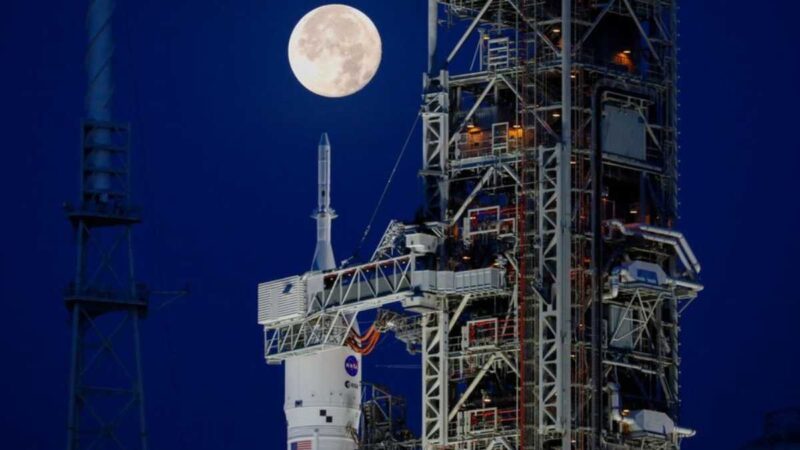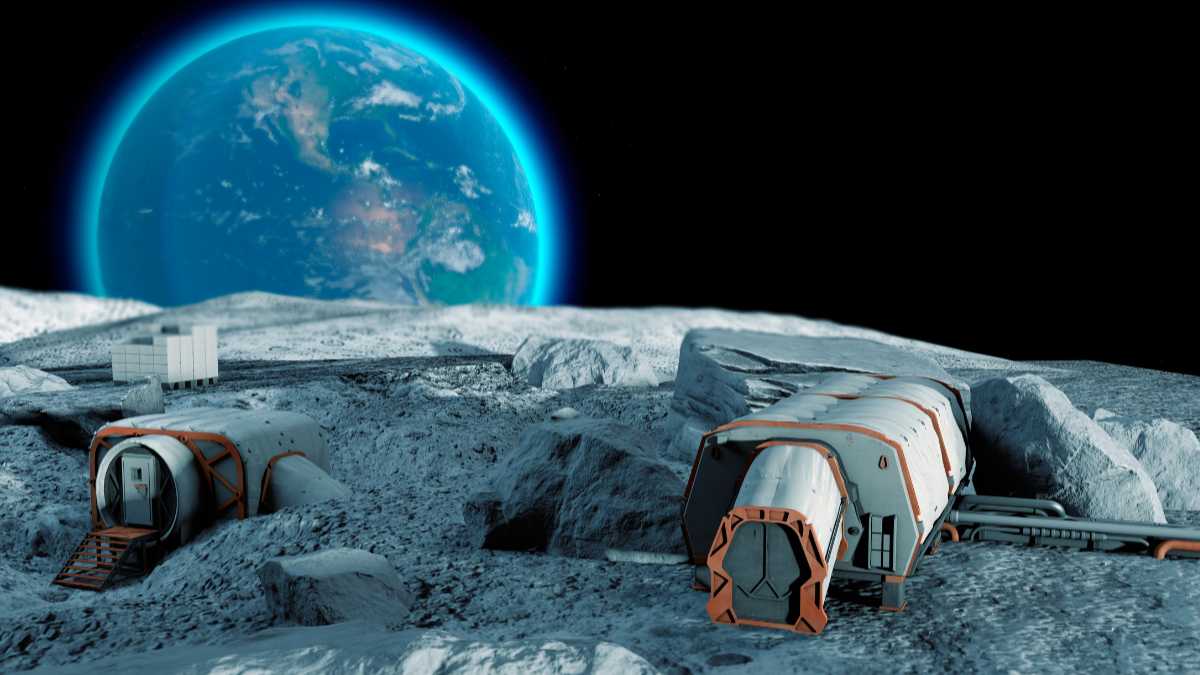The United Arab Emirates (UAE) has taken a giant leap into the cosmos, announcing its groundbreaking collaboration with the United States-based National Aeronautics and Space Administration (NASA) on the Lunar Gateway Station project. This remarkable endeavour marks humanity’s first space station designed to orbit the Moon. In this comprehensive article, we will delve deep into the details of this ambitious project, exploring the partnership between the UAE and NASA, the objectives of the Lunar Gateway Station, and its significance in space exploration.
Exploring the Lunar Gateway Station
The Artemis Project: Returning to the Moon
The Lunar Gateway Station is an integral part of NASA’s Artemis project; a bold initiative focused on returning humans to the lunar surface and establishing sustainable long-term missions. Let’s uncover the key components of this international undertaking.
International Collaboration: UAE, US, Japan, Canada, and the EU
The Lunar Gateway Station is not a solo endeavour but a testament to international cooperation. It brings together the UAE, the United States, Japan, Canada, and the European Union in a collaborative effort to explore the Moon. This multinational partnership signifies a new era in space exploration.
The Emirati Astronaut: A Historic Moment
As part of this grand venture, the UAE is poised to make history by sending its first Emirati astronaut into lunar orbit. This achievement will mark a milestone for the UAE and contribute significantly to the global understanding of lunar exploration.
UAE’s Commitment to Advancing Space Science
President Sheikh Mohamed bin Zayed Al Nahyan’s Vision
Speaking at the announcement ceremony in Abu Dhabi, UAE President Sheikh Mohamed bin Zayed Al Nahyan emphasized the UAE’s dedication to fostering global partnerships for advancing knowledge and humanity’s progress. His vision sets the tone for the UAE’s Lunar Gateway Station project role.
Mission Details Unveiled by Sheikh Mohammed bin Rashid Al Maktoum
Sheikh Mohammed bin Rashid Al Maktoum revealed crucial insights into the mission, highlighting its groundbreaking nature. The project aims not only to return to the Moon’s surface but also to establish it as a base for future missions toward Mars. This visionary approach demonstrates the UAE’s commitment to pushing the boundaries of space exploration.
The UAE’s Vital Role in the Lunar Gateway Station
The Crew and Science Airlock
One of the key responsibilities shouldered by the UAE is the development of the lunar space station’s Crew and Science Airlock. This essential component is pivotal in maintaining a safe environment for astronauts. It is the entry and exit point for missions and astronauts travelling to and from the Moon’s surface.
Operation and Management by MBRSC
The Mohammed Bin Rashid Space Centre (MBRSC) will take charge of the management and operation of the Lunar Gateway Station. This reflects the UAE’s commitment to ensuring the station’s success and sustainability.
A Space Laboratory for Scientific Advancements
Beyond serving as a gateway to the Moon, the station will also function as a cutting-edge space laboratory. It will enable various scientific and technical experiments, contributing to our understanding of space and its potential applications. The station’s minimum lifespan of 15 years, with the possibility of extension, makes it a valuable asset for long-term research.
Launch Timeline
The first elements of the Lunar Gateway Station are set to launch by 2025, with the Emirates Airlock scheduled for launch by 2030. These milestones mark significant progress in the realization of this ambitious project.

UAE’s Space Odyssey
Building on Past Successes
The Lunar Gateway Station project collaboration builds upon previous successful partnerships between NASA and the UAE in human spaceflight. In 2019, Hazzaa Al Mansoori became the first Emirati astronaut to fly to space. He collaborated with NASA on experiments and educational outreach during his mission to the International Space Station.
Sultan Al Neyadi’s Mission
In 2023, Sultan Al Neyadi, another Emirati astronaut, participated in NASA’s SpaceX Crew-6 mission to the space station. His involvement in scientific research further solidified the UAE’s presence in the global space exploration community.
Ongoing Collaboration
The UAE has two more astronaut candidates training at NASA’s Johnson Space Center in Houston. This enduring collaboration extends beyond lunar missions, encompassing Mars research, human research, and analogue studies to advance mutual exploration priorities.
Artemis Accords: Paving the Way for Future Collaboration
In 2020, the United States and the UAE joined other nations as original signatories of the Artemis Accords. These accords lay out a practical framework of principles to guide space exploration cooperation among participating nations in NASA’s 21st-century lunar exploration program. This commitment to collaboration sets the stage for further groundbreaking achievements in space exploration.
Conclusion
The UAE’s collaboration with NASA on the Lunar Gateway Station project represents a giant leap for humanity’s exploration of space. This international partnership, combined with the UAE’s vision and contributions, sets the stage for a new era of lunar exploration and scientific discovery. As the Lunar Gateway Station takes shape and missions to the Moon become a reality, the world eagerly anticipates the groundbreaking discoveries and advancements that will unfold in the cosmos.



























